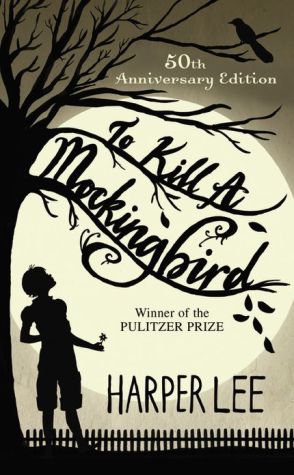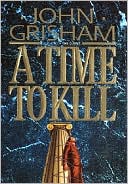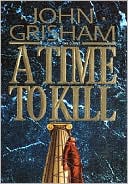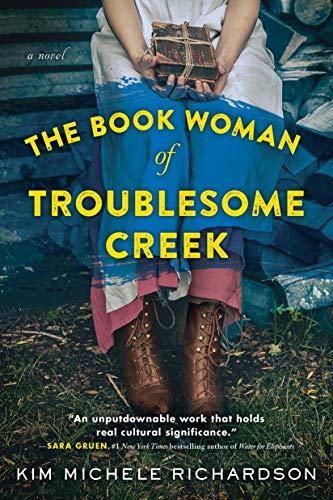2010 Pulitzer Prize Winner for Fiction
An astonishing first novel of memory, consciousness, and man”s place in the natural world.
An old man lies dying. Confined to bed in his living room, he sees the walls around him begin to collapse, the windows come loose from their sashes, and the ceiling plaster fall off in great chunks, showering him with a lifetime of debris: newspaper clippings, old photographs, wool jackets, rusty tools, and the mangled brass works of antique clocks. Soon, the clouds from the sky above plummet down on top of him, followed by the stars, till the black night covers him like a shroud. He is hallucinating, in death throes from cancer and kidney failure.
A methodical repairer of clocks, he is now finally released from the usual constraints of time and memory to rejoin his father, an epileptic, itinerant peddler, whom he had lost seven decades before. In his return to the wonder and pain of his impoverished childhood in the backwoods of Maine, he recovers a natural world that is at once indifferent to man and inseparable from him, menacing and awe inspiring.
Tinkers is about the legacy of consciousness and the porousness of identity from one generation to the next. At once heartbreaking and life affirming, it is an elegiac meditation on love, loss, and the fierce beauty of nature.
Publishers Weekly
Harding”s outstanding debut unfurls the history and final thoughts of a dying grandfather surrounded by his family in his New England home. George Washington Crosby repairs clocks for a living and on his deathbed revisits his turbulent childhood as the oldest son of an epileptic smalltime traveling salesman. The descriptions of the father”s epilepsy and the cold halo of chemical electricity that encircled him immediately before he was struck by a full seizure are stunning, and the household”s sadness permeates the narrative as George returns to more melancholy scenes. The real star is Harding”s language, which dazzles whether he”s describing the workings of clocks, sensory images of nature, the many engaging side characters who populate the book, or even a short passage on how to build a bird nest. This is an especially gorgeous example of novelistic craftsmanship. (Jan.)
Copyright © Reed Business Information, a division of Reed Elsevier Inc. All rights reserved.











Reviews
There are no reviews yet.